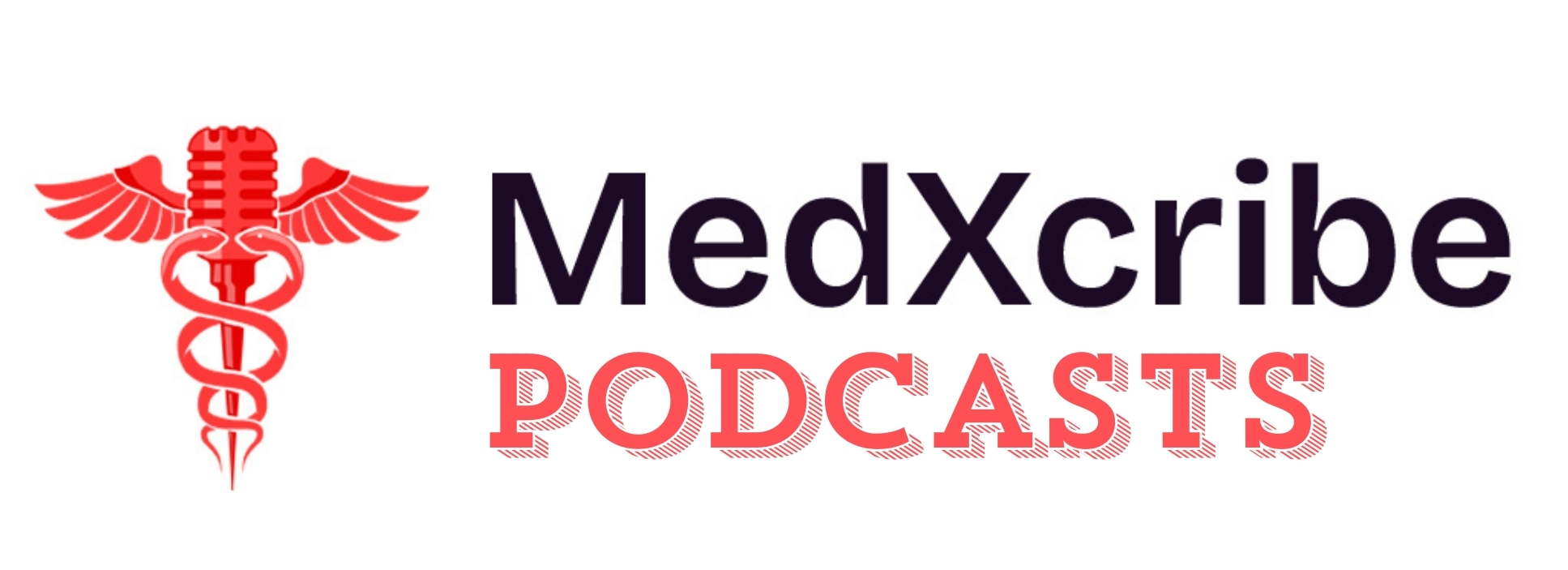
How To Power up Your Mind: Essential Nutrients for a healthy brain
- March 17, 2025
- 11:22 am
Summary
Key symptoms and complaints: Mental sluggishness after poor eating, difficulty with mental clarity. Diagnoses or suspected conditions: None directly stated. However, low omega-3 levels, B vitamin deficiencies, and other nutrient inadequacies may contribute to symptoms. Recommended treatments: Increase omega-3 intake through fatty fish, plant-based sources, and supplements if necessary. Include B-rich foods in meals and consider fortified options for vegetarians and vegans. Incorporate antioxidants and key minerals like magnesium, zinc, and iron through a balanced diet and consideration of supplementation as needed, under a healthcare provider's guidance. Critical updates or changes: The information highlighted promotes building a brain-healthy plate with a balanced diet, healthy snacking, and consideration of meal planning and supplementation.
Topic:
[00:00 - 00:40] Introduction to Brain Nutrition and Mental Clarity
[00:40 - 02:00] The Brain’s Nutritional Demands
[02:00 - 03:00] Omega-3 Fatty Acids and Their Benefits
[03:00 - 04:00] B Vitamins for Energy and Mood
[04:00 - 04:40] Antioxidants: Protection Against Cognitive Decline
[04:40 - 05:20] Magnesium: The Stress-Regulating Mineral
[05:20 - 06:00] Zinc and Iron: Key Minerals for Focus and Memory
[06:00 - 06:40] Building a Brain-Healthy Diet
[06:40 - 07:00] Supplements and Long-Term Brain Health
[07:00 - 07:20] Conclusion and Preview of Upcoming Topics
Transcript
Introduction to Brain Nutrition and Mental Clarity
[00:00] Have you ever wondered why you feel mentally sluggish after a few days of poor eating, or why certain foods seem to give you more mental clarity? The connection between what you eat and how your brain functions isn't about having enough energy, it's about providing your brain with specific nutrients it needs to perform its
[00:20] best. I'm Dr. Tracey Marks, a psychiatrist, and I make mental health education videos. Today we're starting a new series for nutrition and well-being, and we're beginning with the essential nutrients your brain needs to function optimally. Understanding these nutrients helps you build a resilient brain that can
[00:40] better handle life's challenges. First, let's understand why your brain is so demanding when it comes to nutrition. Though it only makes up 2% of your body weight, your brain uses about 20% of your body's energy. But it's not just about calories, your brain needs specific nutrients to
The Brain’s Nutritional Demands
[01:00] maintain its structure, produce neurotransmitters, and protect itself from damage. So let's break down the important nutrients for brain health. First up, omega-3 fatty acids. Think of these as essential nutrients for your brain health. About 60% of your brain is made of fat, with DHA being one of the most important
[01:20] building blocks of brain cell membranes. It helps keep cells healthy and facilitate smooth communication between them. DHA supports memory and learning, and EPA, another omega-3 fatty acid, works alongside it to reduce inflammation and support metabolic processes.
[01:40] disease in the brain. Together, these omega-3s play crucial roles in maintaining optimal brain function and may help protect against mood disorders. You can find omega-3s in fatty fish like salmon, sardines, and mackerel. Plant-based sources if you don't eat meat or fish
[02:00] include chia seeds, flax seeds, and walnuts. And here's a way to incorporate it. Try adding fatty fish to your meals a couple of times a week or sprinkle chia seeds or flax seeds onto your breakfast for an omega-3 boost. Next up are the B vitamins. B vitamins including B6,
Omega-3 Fatty Acids and Their Benefits
[02:20] B12 and folate are essential for producing neurotransmitters, which are the brain's chemical messengers. These vitamins help with energy production, mental clarity, and a stable mood. A deficiency in B vitamins can lead to fatigue, irritability, and even memory problems. Some food sources are
[02:40] leafy greens, eggs, dairy, and lean meats, and they are all good sources of B vitamins. Vegetarians and vegans can focus on fortified cereals and plant-based milks, as B12 is mostly found in animal products. Try to include a variety of B-rich foods for your meals. For example, an
[03:00] with spinach and mushrooms in the morning can provide a nice source of vitamin B. Antioxidants like vitamins C and E help protect the brain from oxidative stress, which is essentially wear and tear on the cells from environmental and internal factors. Oxidative stress can contribute to aging and cognitive
B Vitamins for Energy and Mood
[03:20] decline, so antioxidants are key in keeping our brain cells healthy. As for food sources, berries, citrus fruits, and leafy greens are all high in vitamin C, while nuts and seeds like almonds and sunflower seeds are great sources of vitamin E. To incorporate these, snack on berries or
[03:40] orange for vitamin C and add nuts or seeds to a salad or oatmeal for a dose of vitamin E. Magnesium is a mineral that helps regulate brain plasticity, which is the brain's ability to change and adapt. It also plays a role in managing the brain's response to stress, making it super important for maintaining
[04:00] mental resilience. Some food sources of magnesium are leafy greens, which seem to have a lot of these nutrients, nuts, seeds, and whole grains. Try adding a handful of nuts as a snack or incorporating more whole grains like quinoa or brown rice to your meals. And last up
Antioxidants: Protection Against Cognitive Decline
[04:20] is zinc and iron, and they're less popular, but they're still important minerals for brain health. Zinc plays a role in regulating neurotransmitters and supporting memory function, while iron is essential for transporting oxygen to the brain. Deficiencies in these minerals can lead to issues with focus and mood. Zinc can be found in shellfish,
[04:40] meat and pumpkin seeds, while iron is rich in lean meats, spinach, and legumes. Adding a serving of beans or lentils to your meals can boost iron, and pumpkin seeds are an easy snack option for zinc as well as magnesium. Now that we understand which nutrients are important for brain health, let's talk about how to incorporate
Magnesium: The Stress-Regulating Mineral
[05:00] them into your day to day. Build a brain-healthy plate. Aim to fill half your plate with colorful fruits and vegetables, a quarter with lean proteins, and then a quarter with whole grains. If you are not vegetarian, ideally your protein source would be fatty fish at least twice a week.
[05:20] Also, you want to snack smart. Keep nuts, seeds, and fresh fruits on hand for a quick, brain-boosting snack. Plan your meals. Meal planning can help you ensure that you're getting a variety of brain-healthy nutrients throughout the week. Also, consider supplementation.
Zinc and Iron: Key Minerals for Focus and Memory
[05:40] Although it's best to get your nutrients from food, sometimes supplementation may be necessary. And this is particularly true for vitamin B12 if you follow a vegan diet or omega-3s if you don't eat fish. Always consult a healthcare provider before starting any new supplement regimen. Keep in mind, strict
[06:00] rules are not as important as making consistent, sustainable choices that nourish your brain over time. Powering up your mind through nutrition is an impactful way to support your mental well-being and cognitive function by focusing on nutrients like omega-3 fatty acids, B vitamins, antioxidants, and key minerals
Building a Brain-Healthy Diet
[06:20] you can give your brain the fuel it needs to perform at its best. I want to emphasize that the benefits of a brain-healthy diet extend far beyond the immediate effects. By consistently nourishing your brain with these essential nutrients, you're investing in your long-term cognitive health and emotional health.
[06:40] emotional resilience. In the coming weeks, we'll explore how your gut health affects your mood, the role of inflammation on your mental health, and how mindful eating can transform your relationship with food. If you want to learn more about how nutrition affects your mental well-being, make sure you subscribe and hit the notification bell so that
Supplements and Long-Term Brain Health
[07:00] you don't miss the next video in this series. Thanks for watching today. I'll see you in the next video.
Conclusion and Preview of Upcoming Topics
[07:20] you

